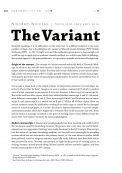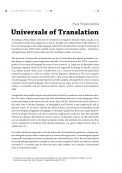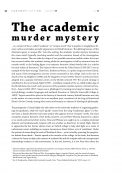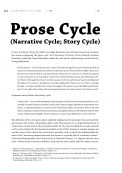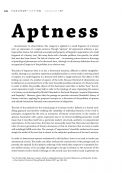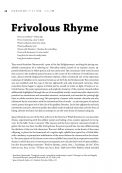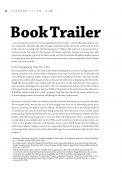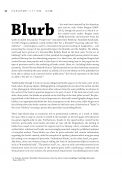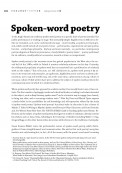Documents of a Literary System as a Subject of Empirical Studies
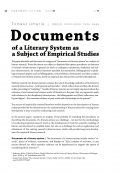
Tomasz Umerle
A b s t r a c t
The paper identifies the category of “documents of a literary system” as a basis for empirical literary studies research. It presents literature and documentation studies, bibliographical and information-scientific aspects of identifying, processing and using documents in this discipline.






